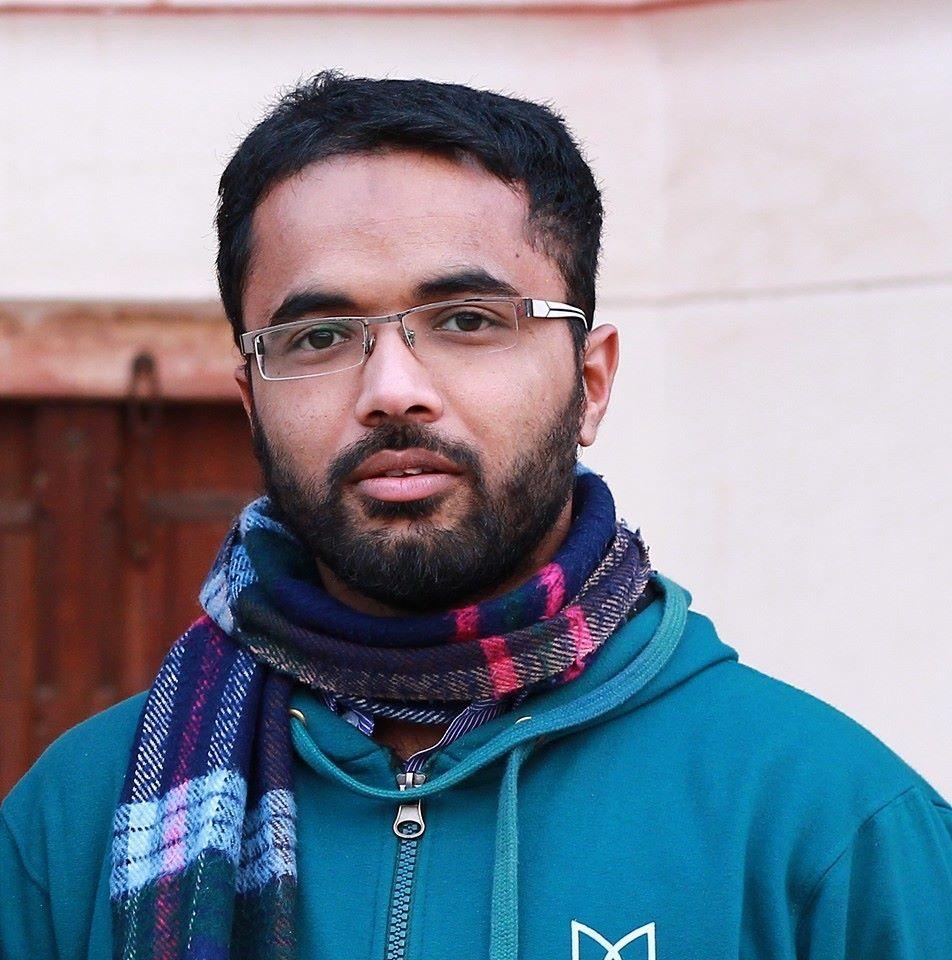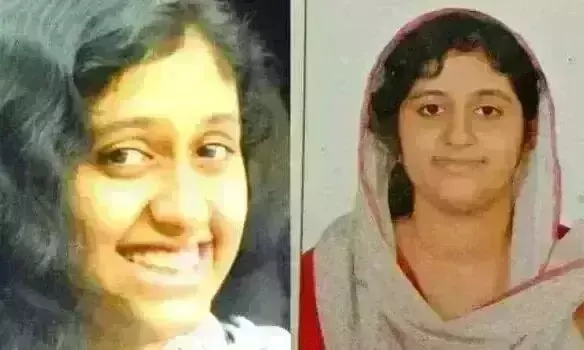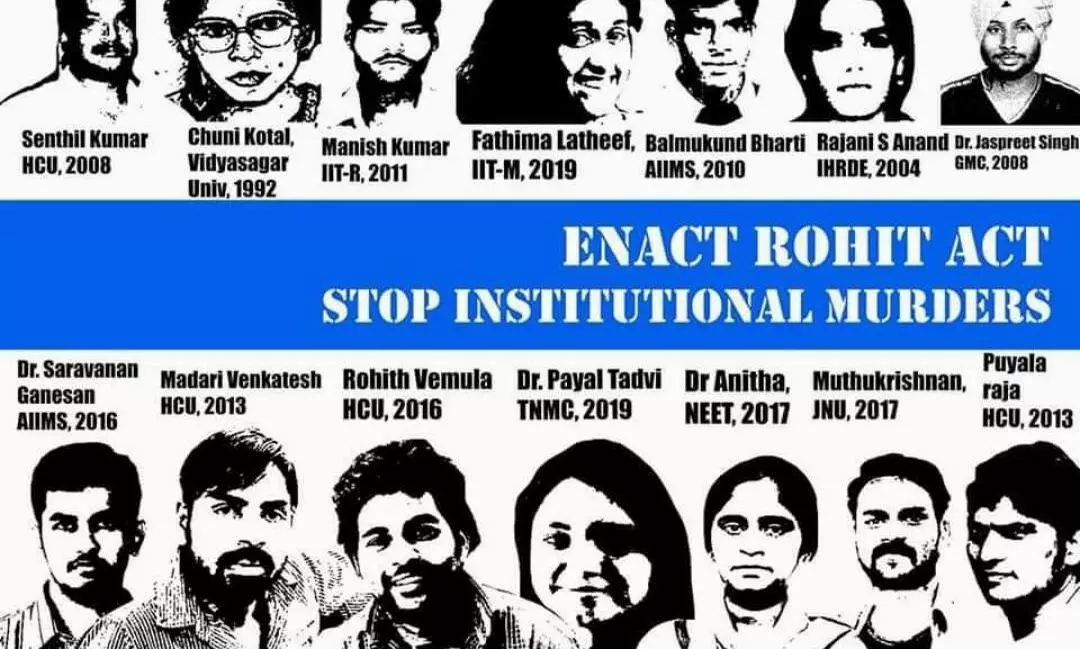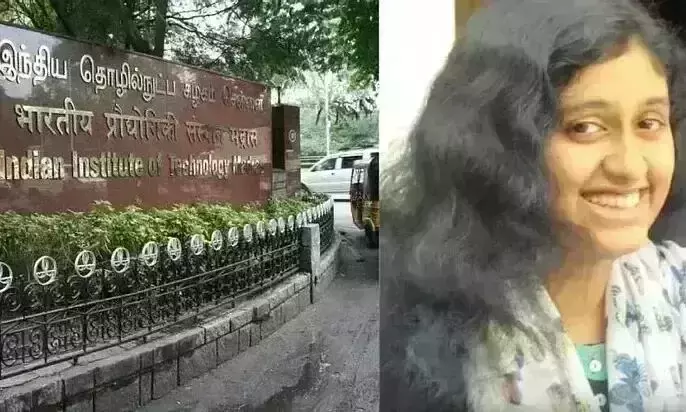
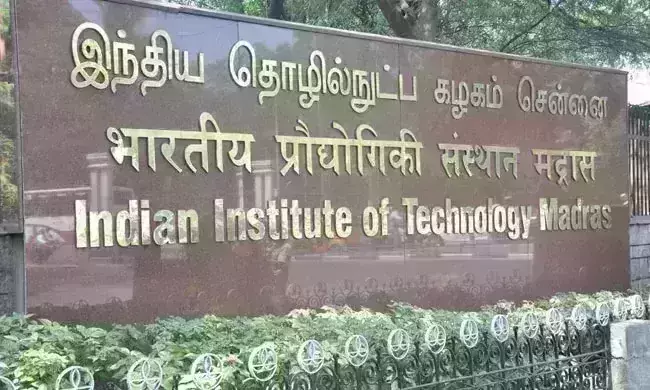
Union Minister refutes existence of discrimination in IIT Madras
text_fieldsNew Delhi: Amid multiple allegations regarding caste and religious based discrimination in Indian Institute of Technology, Madras, the Union Minister of Education Dharmendra Pradhan negated existence of such discrimination in South India's premiere research institution.
On July 19, the Union Minister replied before Lok Sabha that "IIT Madras does not discriminate on caste or religious basis". The Minister was answering a question raised by TR Balu, MP from Tamil Nadu's Sriperumbudur constituency.
The minister gave a vague reply towards another question raised by Mr Balu regarding the action taken by the Government and IIT Madras management to put an end to alleged discrimination existing in the institution in the wake of the suicidal death of a girl student Ms Fathima in the hostel room in 2019.
Mr Pradhan said that "IIT Madras, through its students' outreach program, ensures the mental well-being of every student/research scholar. The institutional counseling service is being provided to the students/scholars on 24x7 basis"
Without giving a specific reply regarding the actions taken on the 'suicidal death' of Fathima Latheef, the Minister added that "there is a full-time functional Institute Hospital on campus to serve the students'' health issues. The Minister also said that "newly admitted students are inducted through an orientation program, wherein they interact with officials at various levels including Director of the Institute adding that the orientation program aims to make them comfortable in the Institute, which is a new environment for them".
Pointing out the recent resignation of one Assistant Professor of IIT Madras citing caste discrimination, Mr Balu had also asked whether the Union government is aware about atrocities against students and faculties including non-teaching staff belonging to SC, ST, non-Hindu religious minorities in the institution. The MP also asked the details of action that would be taken by the Union Government regarding this.
The Minister did not put forward any concrete action plan to end discrimination in higher education institutes but instead pointing out Section 7 (1) of the Institutes of Technology Act, 1961 he said that the said provision provides "the Institute shall be open to persons of either sex and of whatever race, creed, caste or class, and no test or condition shall be imposed as to religious belief or profession in admitting or appointing members, students, teachers or workers or in any other connection whatsoever"
Meanwhile, Kiran Kumar, President of All India OBC Students Association (AIOBCSA) questioned Union Minister's vague reply. "If there is no caste and religious discrimination then why are there less/minimal SC, ST, OBC and minorities in IITs?" Kiran asked.
"If we all have same DNA then we all have same capacities but what paralyzes IITs is caste and religious discrimination", he added
It was in the first week of July that a resignation letter of Vipin Puthiyedathveetil who was an Assistant Professor of the IIT Madras, citing caste discrimination created huge furor in social media. Vipin,who hails from Payyannur in North Kerala had been teaching at Department of Humanities and Social Sciences (HSS) of IIT Madras since March 2019,
People across spectrum of writers, opinion makers, and students had commented on the shocking mail of the Assistant Professor which had gone viral.
Vipin in the letter accused that he had faced caste discrimination even in his department of Humanities and that OBC's and SC/ST teachers were facing huge discrimination at the premier institute. He had also accused that "Individuals in position of power irrespective of their claimed political affiliation and gender were involved in discrimination."
Adding that he was moving to another institution primarily because of the discrimination he faced at the humanities and social sciences department since joining the institute in March 2019, he said that he would take appropriate action to address multiple instances of caste discrimination he had faced.
It may be also noted that Fathima Latheef, who was a student of Humanities at IIT Madras had committed suicide in her hostel room in 2019 alleging that she was discriminated against by the college due to her religion. In her suicide note, she had also named a professor of IIT Madras regarding discrimination. A CBI investigation is ongoing on her suicide.
Meanwhile, on July 14th, a NEI report had qouted Arun Halder, vice-chairman of the National Commisison for Scheduled Castes (NCSC) saying that "no evidence of caste-based discrimination has been observed in IIT Madras".
According to the report, members of the Commission said that during the vice-chairman's visit to the institute, no complaints of caste-based discrimination were received from the students or staff from Scheduled Castes (SC).
Halder had visited IIT Madras on July 13th and held a meeting with the director and other members of the management following a complaint from the State General Secretary of Dalit Liberation Movement TN,S Karuppiah. The report also says that the NCSC Vice Chairman has also asked the institute to file a detailed report on the issue within 30 days.






















